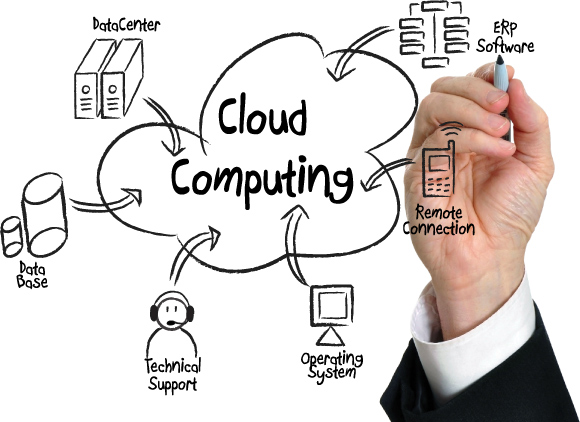Modules inside an enterprise resource planning (ERP) system specialize in specific business processes, such as accounting or marketing. It’s important to note that each module has its own set of resources and operates in its special way.
It’s crucial to think about the modules your company will need before deciding on an ERP software vendor. In this article, we’ll go over the five most crucial ERP modules that should be a part of any 2023 ERP solution setup, along with information on what each module performs and how it may help your organization.
Five Critical Elements of ERP Systems in 2023
Supply Chain Management
Improving the effectiveness of supply chain management is a crucial task for any company. Due to the vast number of constituents, supply chain management is relatively easy. In this context, ERP add-ons and whole ERP systems are useful.
SCM ERP software modules include real-time data, an essential characteristic similar to standalone software. Those with access to timely information have a significant leg up on the competition. Access to real-time data on your supply chain can allow you to see any problems early in the manufacturing or shipping stages. You can compare the current rate of product development to the typical time required to make a product.
Taking Care of the Money
Modules for financial management are among the most useful additions you can make to your ERP for aviation. Your company wouldn’t be able to function without stable financials, and an efficient enterprise resource planning (ERP) technology for managing those funds will be compatible with every division. For instance, you are figuring out earnings using up-to-the-minute sales information.
The foundation of enterprise resource planning is the consolidation of processes and data. Financial instruments will assist in consolidating and managing cash flow throughout the business. The module provides a comprehensive snapshot of your company’s financial status—all the way to the marketing and human resources divisions.
Controlling Inventory
Controlling stock ERP software is a simplified form of SCM that works in tandem with it to streamline operations. The first and most fundamental rule of inventory management is that a company must always be aware of its stock levels. This is more complicated than just processing orders and analyzing data. As a bonus, this data might be utilized to prepare storage space for future product deliveries.
These ERP components are crucial due to the number of parties they interface with.
CRM
Implementing an enterprise resource planning (ERP) customer relationship management (CRM) system is highly useful because of the importance of maintaining positive customer relationships. The sales process can be more efficiently managed with the help of a customer relationship management system. Using a customer relationship management (CRM) solution makes monitoring your clientele, transactions, and potential prospects easy.
You may better organize your sales, leads, and clients with this module. These modules often provide fundamental customer relationship management capabilities, including contact lists, interaction histories, and basic analytics.
Human Capital
The human resources section of your software is comprehensive, covering all aspects of your business. It is a highly recommended module implementation due to its wealth of useful information and procedures.
Human resources software collects information about each employee, so it’s always producing new data. Whether your team is spread across multiple offices or working from home, an HR module can compile everyone’s data in real-time. Data can be transferred between sections. Common human resources processes that may be streamlined with the help of an ERP software module include keeping tabs on employees’ vacation and sick leave, as well as keeping records of any coaching or disciplinary action.
Cloud Computing Agreement for Boeing Takes Off

In a cloud mega-deal involving Amazon Web Services (AWS), Google Cloud Platform (GCP), and Microsoft, Boeing has extended its strategic agreements with these cloud providers to lessen its dependency on in-house infrastructure and empower its employees with more advanced digital tools.
Although it was revealed last year that the three IT companies were competing for a contract with Boeing worth more than $1bn over multiple years, the financial parameters of the multi-year deals were kept a secret. However, rather than relying on a single cloud provider, the aircraft manufacturer has joined the growing ranks of companies who are seeing success by embracing a multi-cloud strategy.
Boeing plans to invest heavily in its digital future, building on its current partnerships with each service provider to establish a unified strategy for its future use of cloud computing.
Conclusion
Enterprise resource planning facilitates the integration of electronic data interchange and quality in the aviation industry’s rapid expansion. The aviation sector requires quick and precise judgments to maximize operational efficiency, and ERP implementation for managing the entire process allows management efficient control over industrial and financial activities. I appreciate your taking the time to visit.


